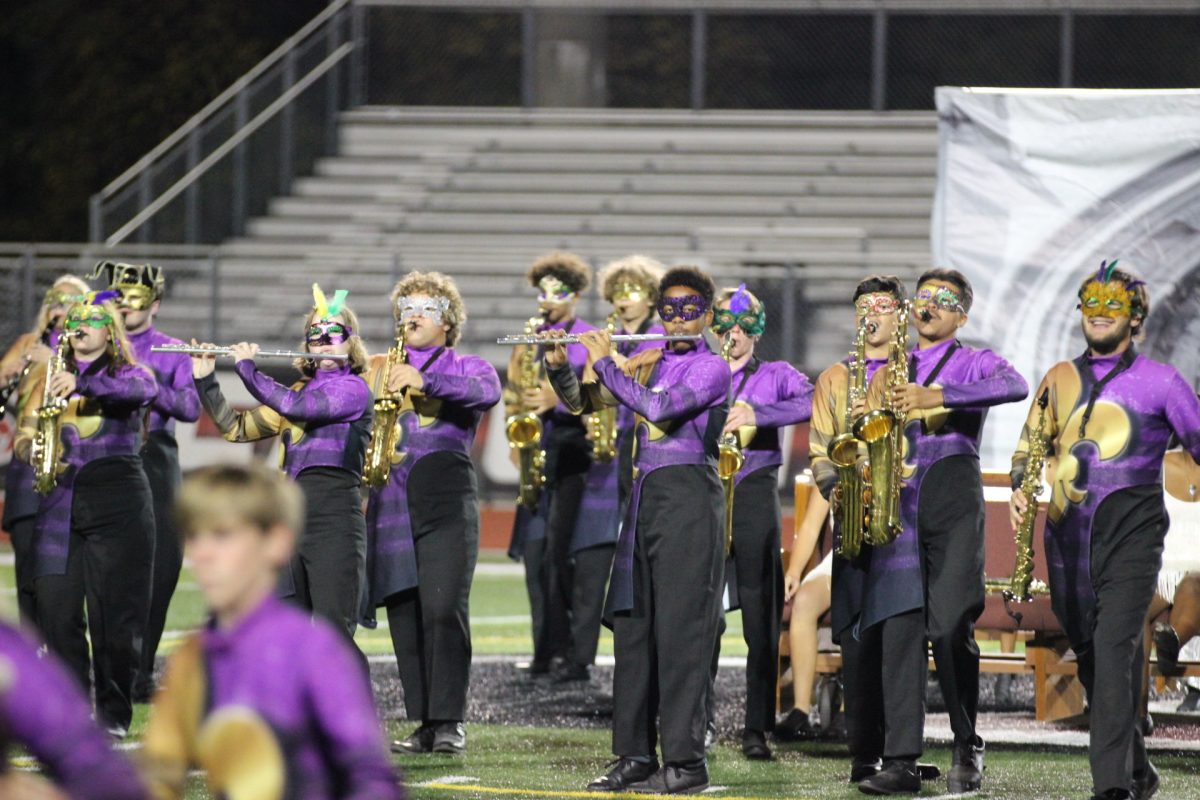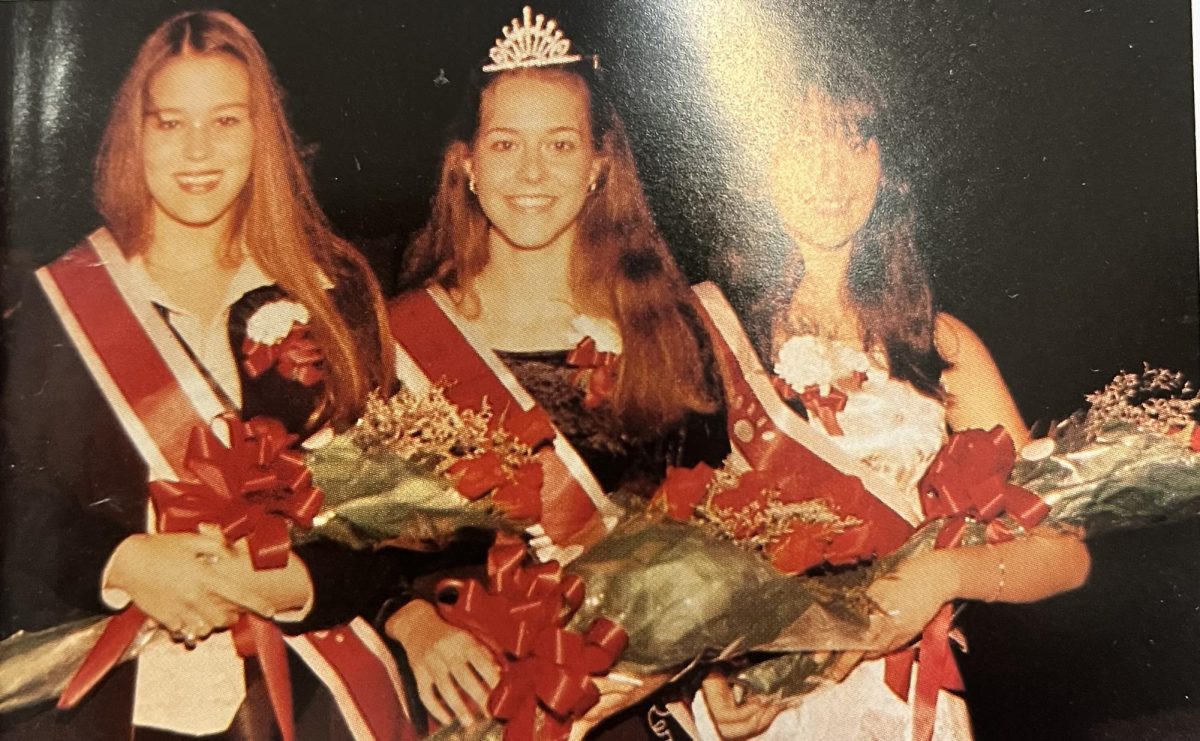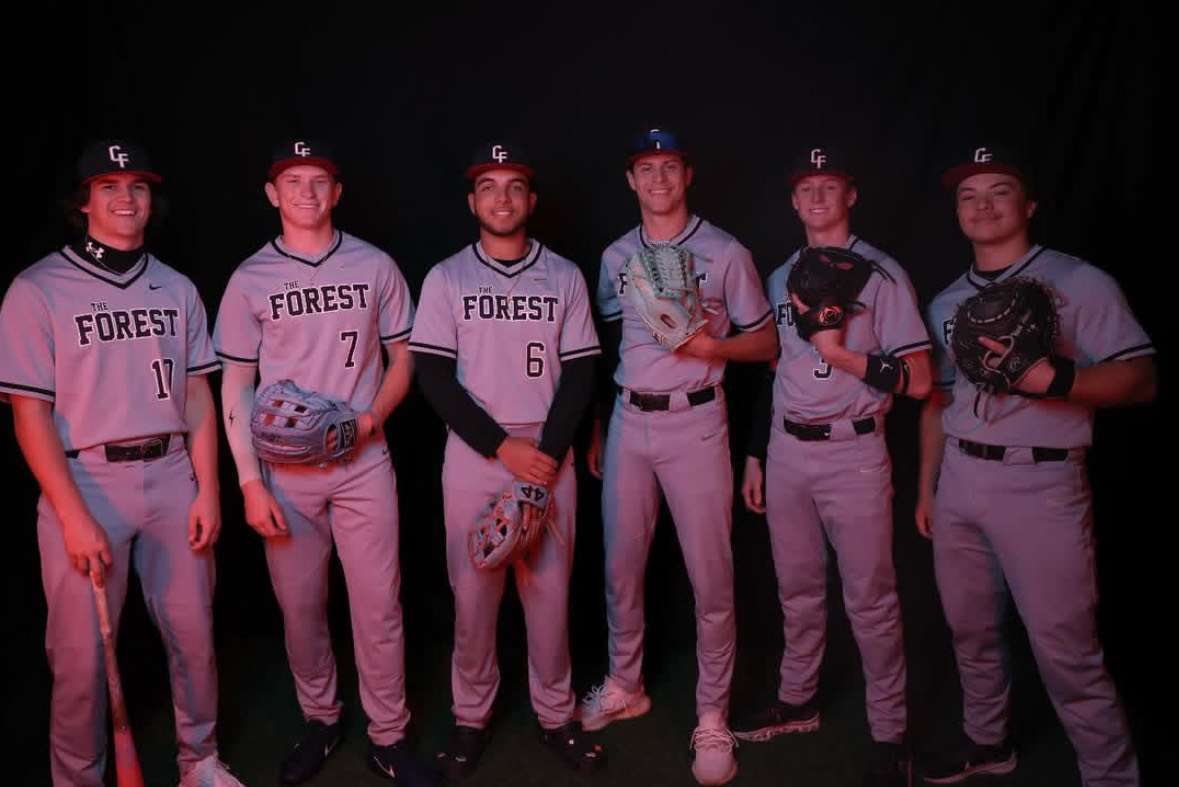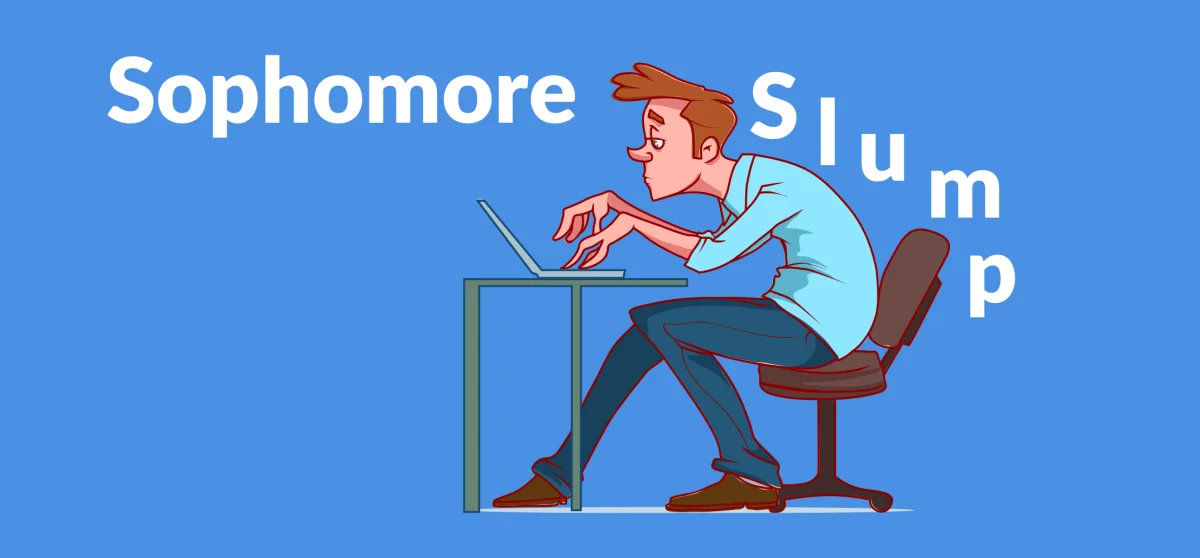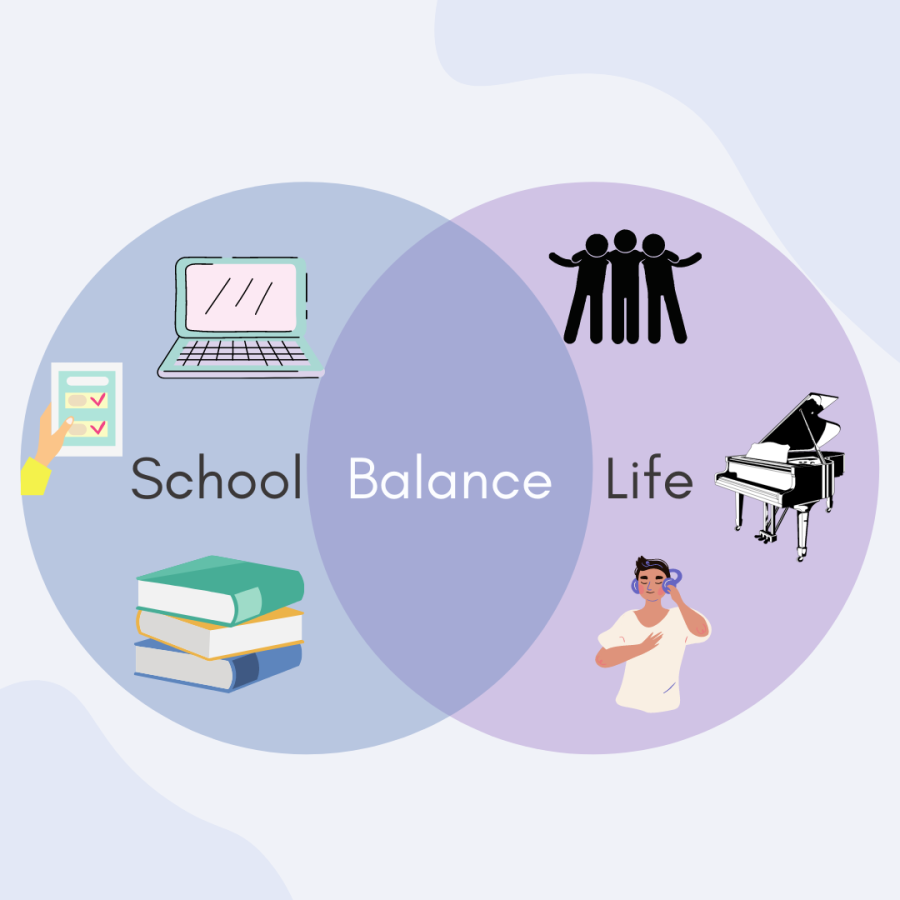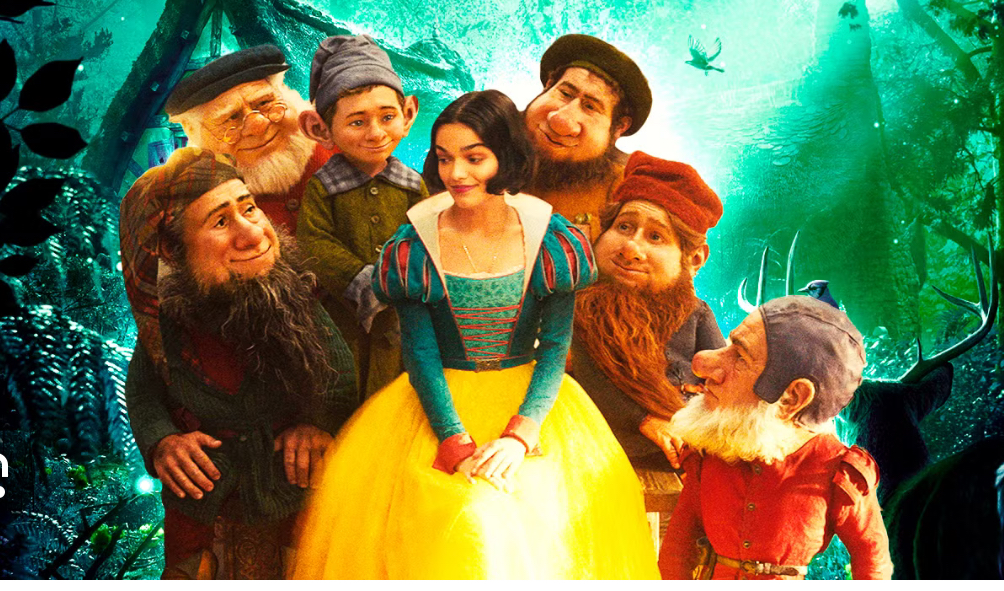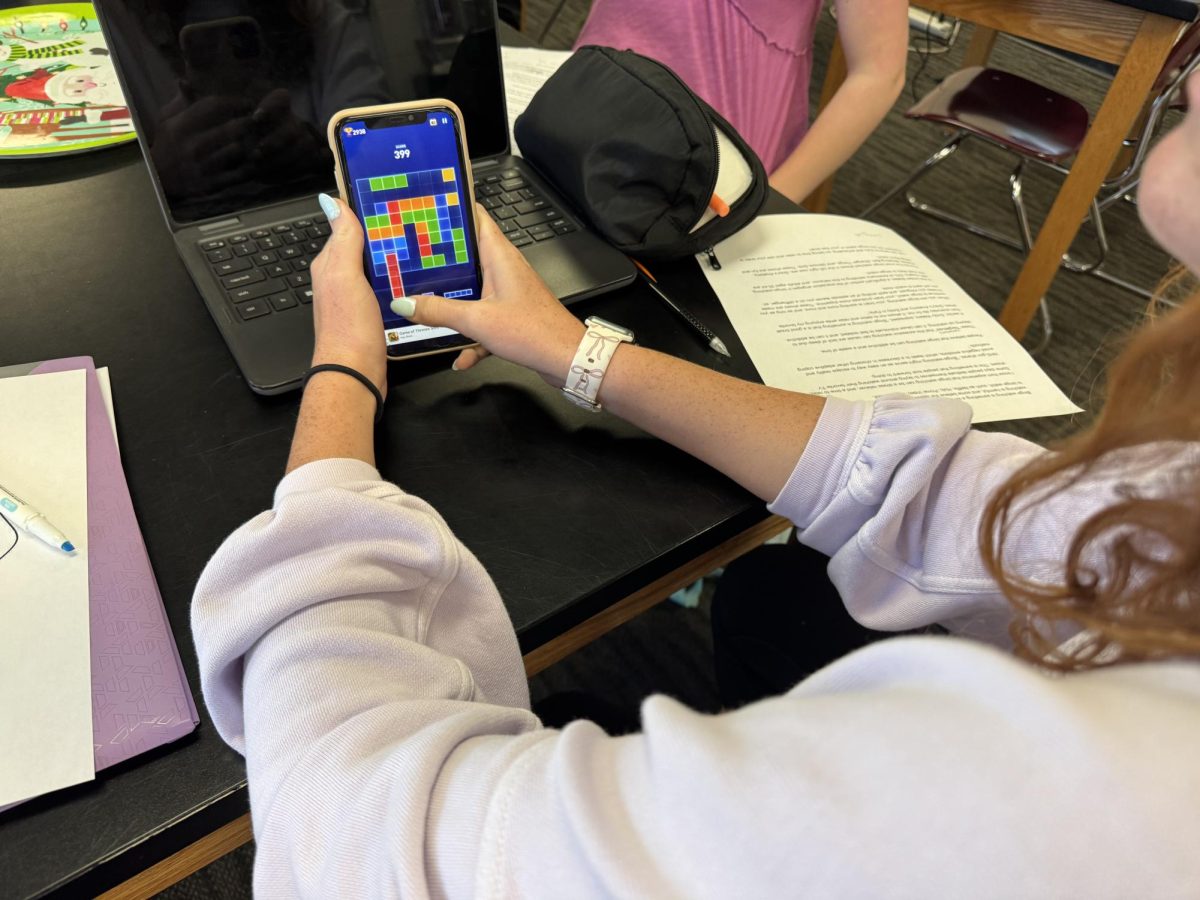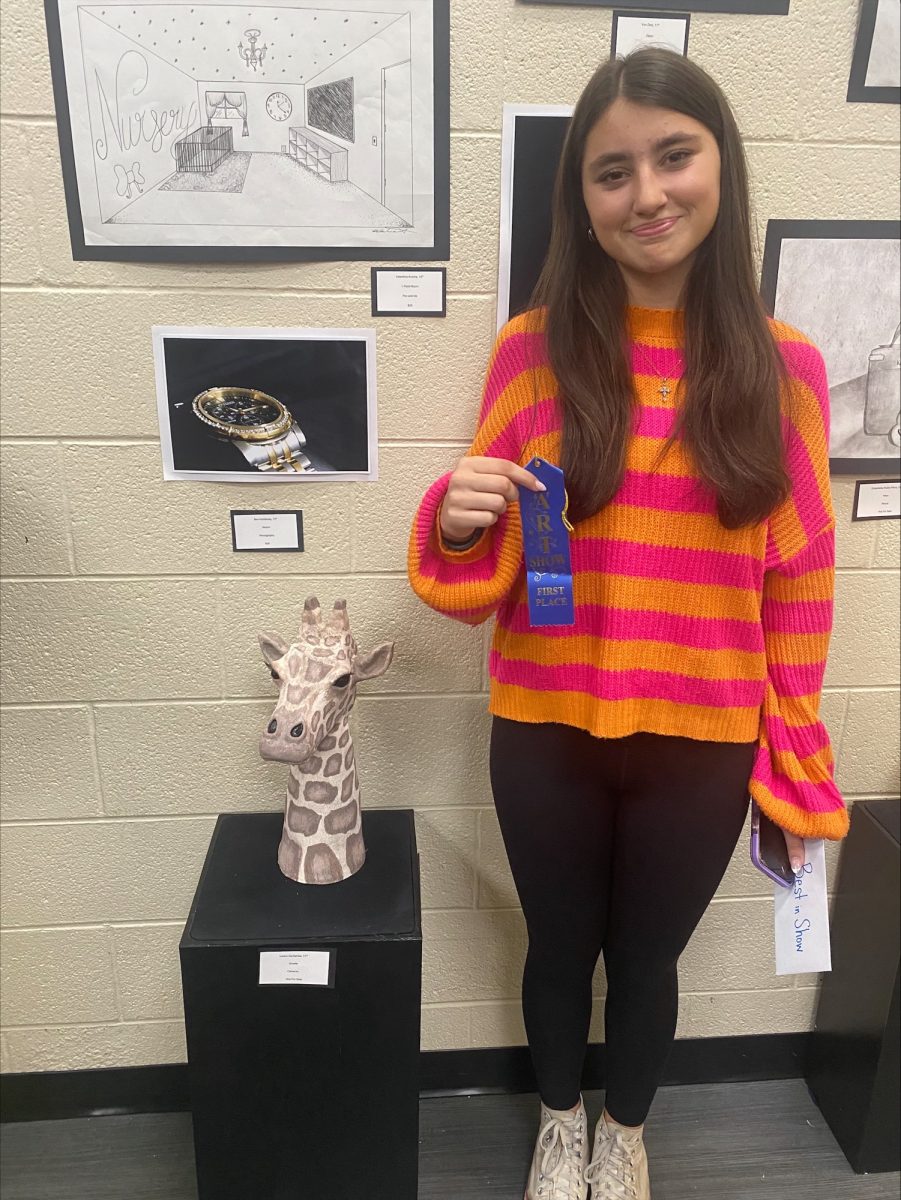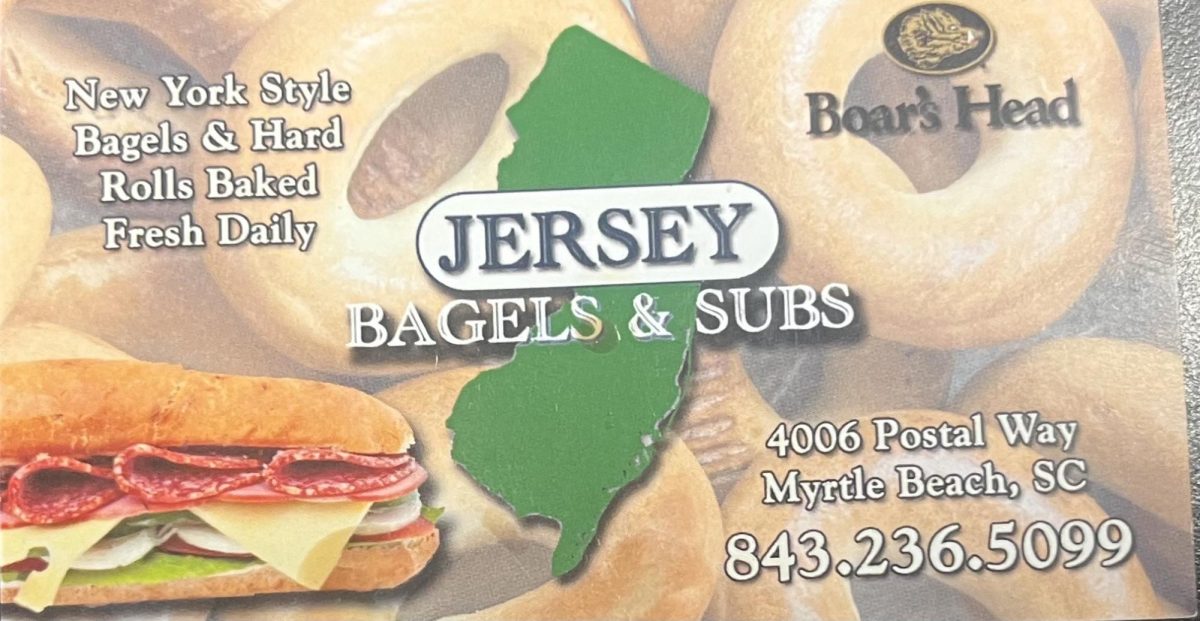Conspiracy Theories: The Mandela Effect

December 7, 2021
I bet there have been times when you thought Curious George had a tail, Pikachu had a black stripe, or that Mandela died in the 1980’s. Guess what? All of these things aren’t true. This is called the Mandela effect. The Mandela effect is an unusual thing where many people remember something being a certain way, but in reality, it never happened.
The Mandela Effect started with a girl named Fiona Broome when she created a website stating that South-Africa leader, Nelson Mandela, died in prison in the 1980’s. He actually died in 2013. Word spread of this idea and many people found themselves agreeing with Broome.
People started seeing multiple news coverage when he died and witnessing the death themselves. Many also claim to remember his widow, Winnie Mandela, giving a speech in honor of his death. All of this was deemed false with little to no evidence to back it up, even with many people agreeing that these events did occur.
People started realizing the things that were known as truth were false. It wasn’t just a couple things; it was multiple things people could swear on their life about. Some other examples are Curious George not having a tail, it’s actually JIF not Jiffy in the popular peanut butter brand, and the man in Monopoly, Rich Uncle Pennybags, never wore a monocle. The list of these goes on and on and has people truly surprised on whether or not what they believe is real. Enthusiasts back the Mandela effect more by questioning how more than a million people can remember one thing, but be shown to be false?
It’s been said by many that the Mandela effect shows that we do possibly have an alternative universe while others argue that it only proves that our memory is imperfect and forgetful.
According to Forbes, people in belief of the alternate universe support it by saying that the residue from the Mandela effect is evidence there was a timeline that has since been erased and we’re only able to see the residual hints of what once was.
Researchers try to debunk this conspiracy with explanations for false memories. They describe the Mandela effect with the term “collective false memory,” which means a large group of people claim to have remembered something being a certain way but, in reality, it never happened. Some also believe that the effect is caused by confabulation, known as “honest lying.” Confabulation is when people think they are telling the truth but it’s actually untrue, causing people to spread false information with good intentions.
I wondered whether students in my school believed in the Mandela effect and if they have experienced it.
Nicole Hierra, a senior, shared, “I was always convinced Pikachu had black markings on their tail, when in reality they don’t have any. That’s even after having plush Pikachu’s for years.”
Charles Ann McDonald, another senior, responded similarly, “Pringles and Fruit of the Loom logos are not how I remember them to be.”
Countless students responded back saying that there are many things that they believe to be true are actually false. I also asked some students whether or not they believe that the Mandela effect is evidence of a possible alternate universe, and all responses came back as a yes.
What do you believe? A conspiracy theory leading us to believe that we are in an alternate universe, or our minds are not cut out to remember all we wish it could?




